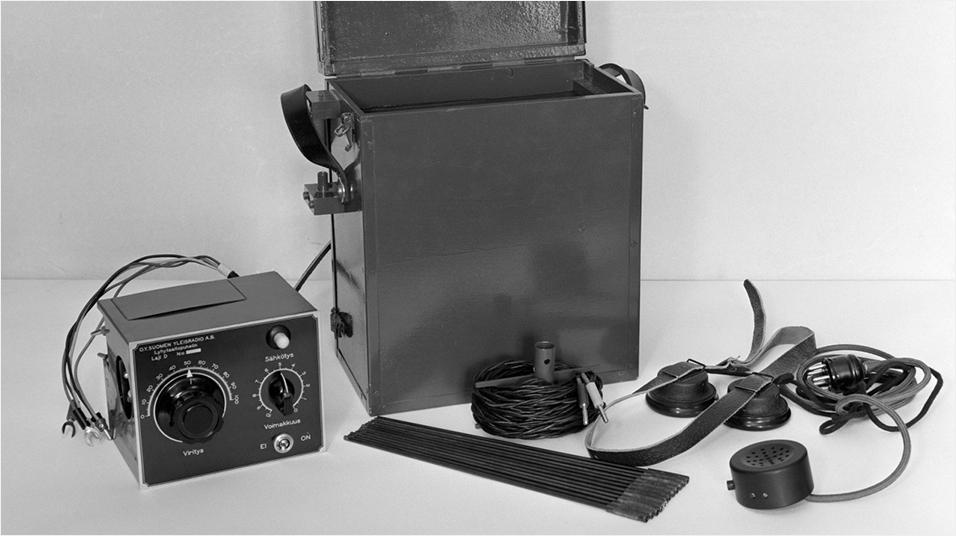Need advice? Let's talk.
Get straightforward guidance from your broadcasting partner. Schedule a call to chat with the team about your radio station.
Book DemoA Brief History of Internet Radio
What was the first internet radio station? How did online radio become what it is today? We show you a brief history of internet radio and where it's headed

If you were to set about researching the history of internet radio you would learn the world's first ever internet radio station was launched by Carl Malmud way back in 1993.
His station, dubbed “Internet Talk Radio”, featured interviews of public figures in the field of science and technology - Very soon after a number of live concerts were broadcast over the internet, followed by the launch of the first radio station to play music on the web.
The Dawn of Internet Radio

Way back in the 90’s internet radio wasn’t as easily as accessible as it is today with out of the box services like Radio.co, instead broadcaster tools at the time consisted of platforms like SHOUTcast and Icecast, which were a headache to setup on a server by yourself, but their contributions popularised streaming audio content and made internet radio what it is today.
The plethora of tools broadcasters could access grew to accommodate them, such as RealPlayer, Winamp, and Windows Media Player. Pioneering internet radio service providers at the time like Live365.com, offered the first hosted community platform for internet radio station owners and listeners alike.
Internet radio control panel software solutions would play their part too, as would the eventual rise of streaming music services such as Spotify, Pandora, Apple Music, and Google Music. New media platforms such as these were based on the somewhat radically different paradigm of control and choice for listeners, essentially being an “on-demand” service.
Internet Pirates & Digital Growth

What this is really about however is the changes brought on by the portability of digital media formats started in the 1980's by the widespread availability of personal computers in the home.
The rise of early new media file formats such mpeg, mpeg2, and mp3 offered acceptable trade-offs between compression, sound quality, and portability, which were initially championed by internet pirates, but rapidly become mainstream.
It's about how this portability would marry perfectly with the future ubiquitous smartphones and tablets, allowing listeners to take formerly unthinkable quantities of music with them anywhere.
The radical ways in which the internet has changed all traditional media, not least radio, challenged consumption models so that any and all media can now be accessed by anyone and anywhere in the word instantly. Changes in society so powerful that even reluctant media empires would eventually be forced to adapt and meet the new ways in which their consumers wanted to access their entertainment choices.
Looking to the Future

There was a long period of time when the disruption and consumption of mediums like radio, TV, and movies were well established and subject to relatively little change, however the period we’re in now is in perpetual change with the help of the internet, leading to us consider where to next?
Will these new media platforms replace existing media such as internet radio altogether? Personally I think not. Consumer choices are often surprising and it's interesting to note that a recent study by the British Phonographic Industry into the impact of these new services on more traditional media actually found significant sales growth in recent times as a result of their availability.
Radio.co offers a 7 day FREE trial so you can see first hand how technology is advancing and making it more accessible to start your own internet radio station.
Guest Contributor: Hugh Mann is the editor of Radio Directory: An easy to use directory of internet radio stations.



